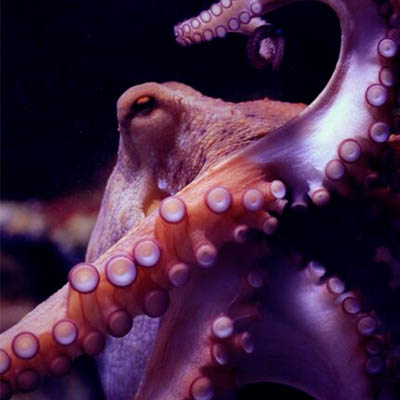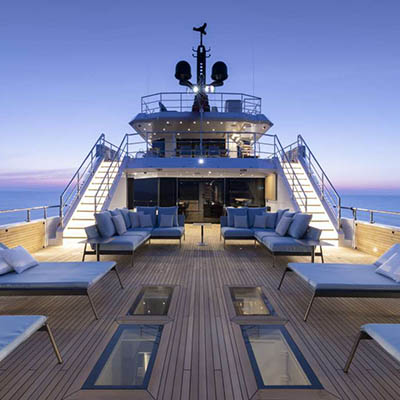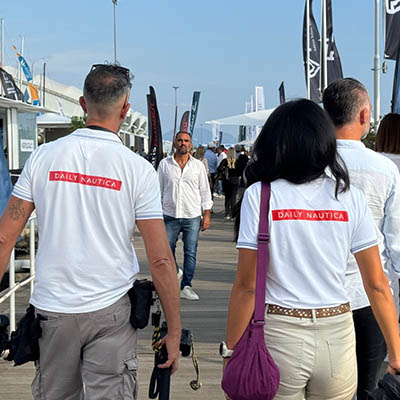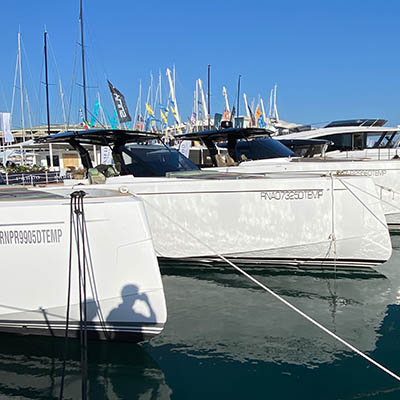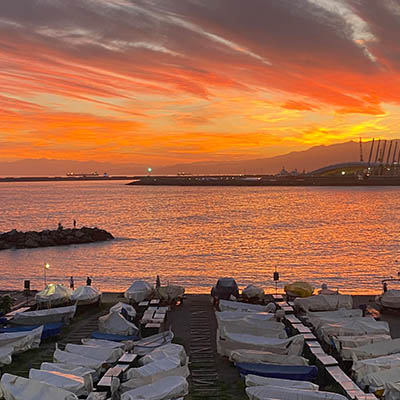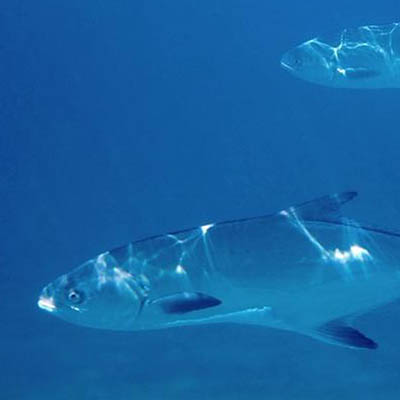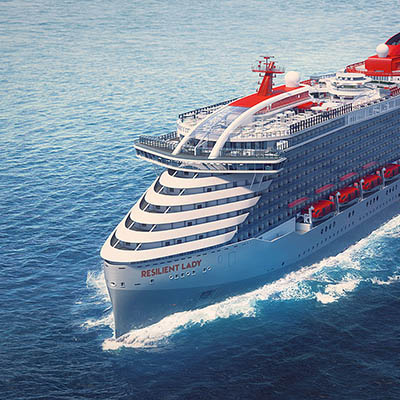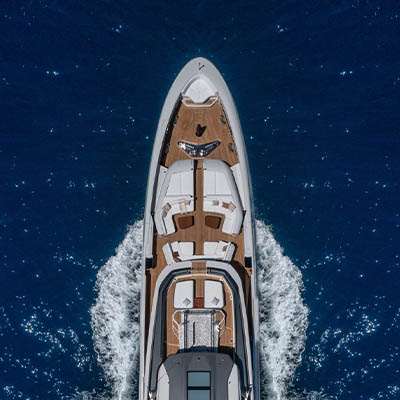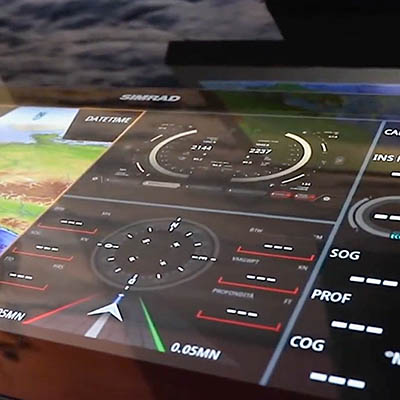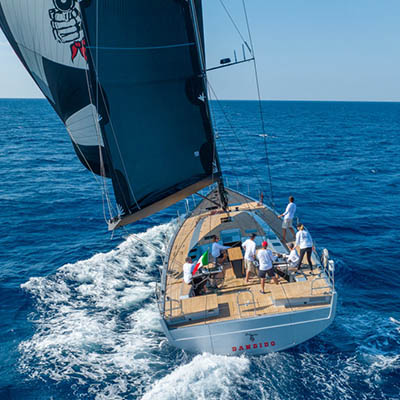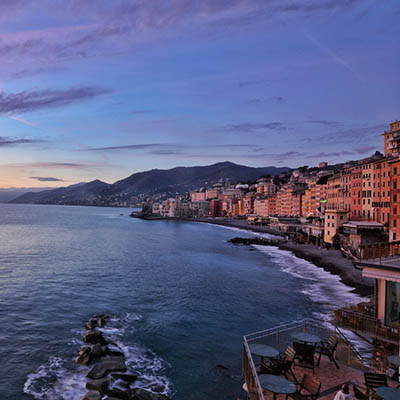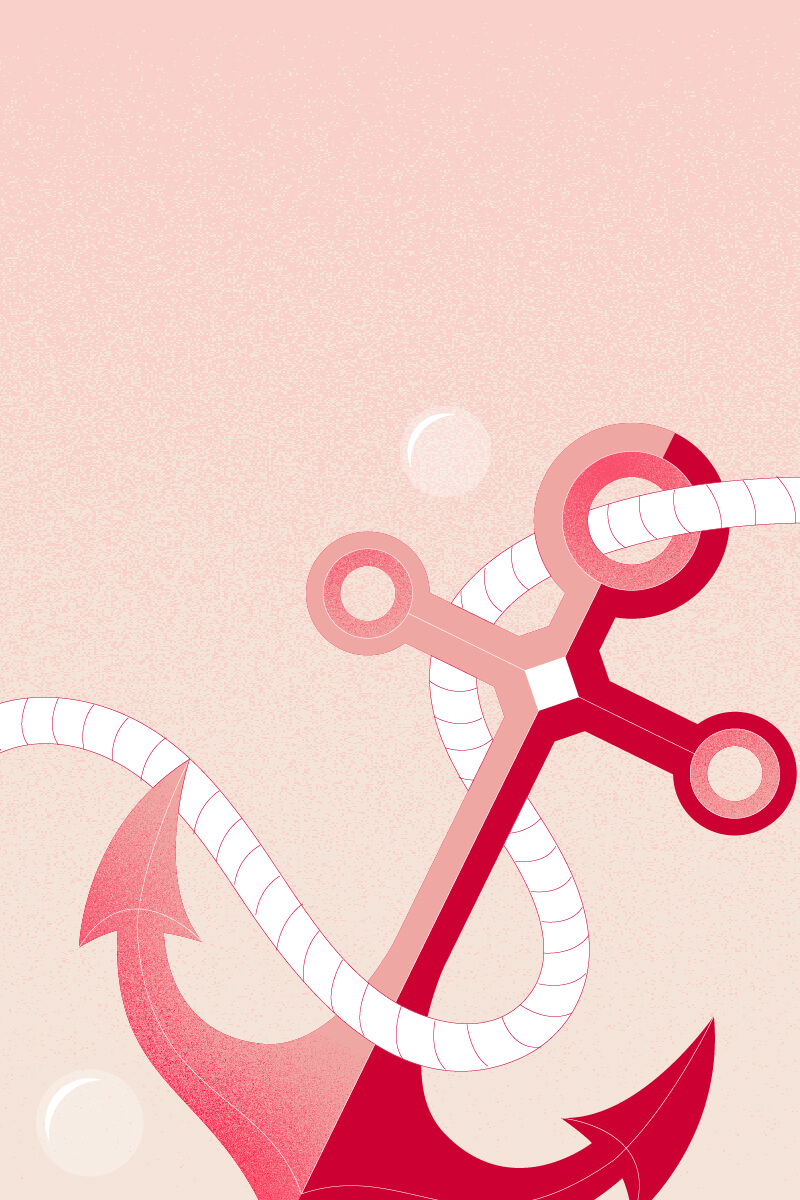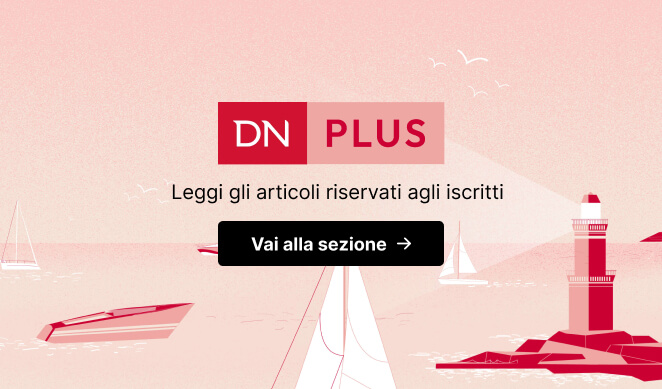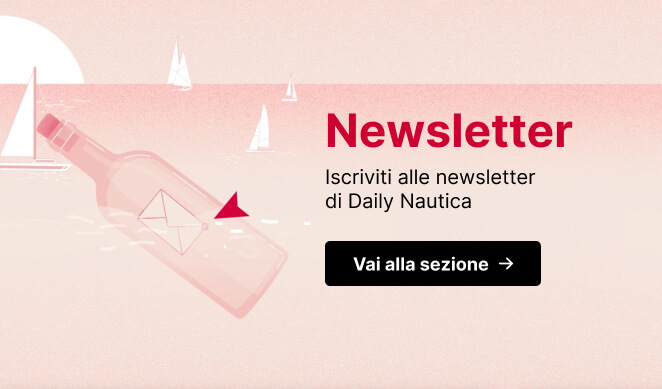Chinese boating today: DN interviews China International Boat Show’s general manager
Helen 范海燕, China International Boat Show's general manager, has a unique eye for accurately digging out needs of exhibitors and market dynamics

Helen 范海燕, China International Boat Show's general manager, has a unique eye for accurately digging out needs of exhibitors and market dynamics
Helen 范海燕, deputy general manager, joined Shanghai Sinoexpo Informa Markets in June 2011, tooks over the China International Boat Show in 2022. As an exhibition organizer who has been deeply engaged in the exhibition industry for more than ten years, she not only possesses excellent planning ability, excellent organization ability, excellent communication ability, high sense of responsibility and strong anti-pressure ability, but also masters profound professional knowledge of the food, hotel, tourism and leisure travel industry, and has a unique eye for accurately digging out the needs of the exhibitors and the market dynamics.
As a historic boat show, China International Boat Sohow, which has explored the sector for almost thirty editions, what have been the substantial transformations in oriental and more precisely Chinese boating over the years?
The development and progress of China’s boat industry over the past 30 years has been multi-dimensional. 30 years ago, in the early to mid-1990s, China’s boating manufacturing entered the second phase, which was dominated by OEMs and ODMs, and China’s boat market had just begun to sprout.
Within the past 30 years, the market scale of Chinese boats has been expanding, and according to the statistics of the relevant departments, the market scale of China’s boat industry will be about 2.716 billion CNY by 2022, which is an increase of 33.10% in just six years compared with 2016. This is highly related to China’s rapid economic growth and the improvement of people’s living standards, more and more people start to pursue a high-quality lifestyle, and yacht leisure is one of the important choices. Of course, the increase in market size has also further promoted the supervision and regulation of the industry norms by the relevant authorities.
From the point of view of the boat manufacturing industry itself and its applications, more innovative technologies, more internationalization of brands and a wide range of applications are also driving the development and progress of the boat industry. New design concepts and manufacturing processes are constantly being integrated into the manufacture of boats, not only to meet the basic pursuit of consumer comfort, fashion, and safety, but also to progress to meet the lightweight boats and low-carbon, environmentally sustainable requirements.
Based on technological changes, the application of yachts is no longer limited to leisure and entertainment purposes, and diversified applications are being developed and practiced, such as business hospitality, tourism and sports. Of course, the ever-improving quality of yacht manufacturing also makes Chinese boat enterprises go to the international market. With the growth in the number of exports, the participation in international exhibitions such as the Dubai International Boat Show and the Cannes Yachting Festival in France, all of them reflect the gradual enhancement of the status of Chinese boats in the international market.
What type of visitors and audience are you targeting? And what percentage of companies eventually comes from the West?
As a whole industry chain and comprehensive boating event, the target audience of the Boat Show is very wide, which generally includes but not limited to brands, dealers, agents, manufacturers, and suppliers of the whole industry chain of boats, purchasers and enthusiasts of boats, government personnel and scientific researchers in the yachting industry, experts and analysts in the yachting industry, and media and journalists in the boating industry.
Through the data of previous years, the visitors of our boat show are mainly manufacturers and brand owners, accounting for about 45.7%, followed by dealers and agents, accounting for about 27.6%. Together, the show’s core professional visitors accounted for about 73.3%, which also greatly contributed to the show’s turnover rate and the number of orders placed.
As one of the “platinum” members of the IFBSO – International Yachting Federation, the influence of CIBS in the international arena should not be underestimated. CIBS has attracted nearly 1,000 professional visitors from dozens of countries and regions, including Hong Kong, Macao, and Taiwan regions of China, the United States, Italy, Russia, South Korea, Thailand, Singapore and Australia. It can be said that CIBS has effectively promoted the deepening of international communication and trade of Chinese boats.
What role large boat shows like this play in your geographic area?
I think the role played by CIBS is diverse. It is a bridge, a link, an industry wind vane, and an industry engine and gas pedal. CIBS builds an efficient communication and trade platform for the boating industry, linking online and offline without limiting the time, place, or language, so as to realize not only linking the whole industry chain, but also refining the demand to meet the efficient matching on demand.
At the same time, we also bring together industry experts and business giants, set seminars, lectures, forums, new product launches, social dinners and other activities, meetings, and forums as a whole. CIBS promotes import and export trade and business cooperation and exchanges, deepens the brand effect, digs deep into the industry information and development trends, selects professionals and cutting-edge technology, and at the same time writes a more professional white paper for the development of the shipbuilding industry, to realize the important role of accelerating and promoting the industry’s development.
What innovations are underway in nautical field? Are Chinese shipyards addressing issues related to environmental sustainability and green propulsion?
Innovation in the maritime field can be described as a hundred flowers blossoming and a hundred schools of thought contending. Mainstream innovations should be mainly reflected in three aspects: communication and positioning, design and manufacturing, and power technology, while Chinese shipbuilders have also silently integrated the green concept into the details of shipbuilding.
Communication and positioning have always been one of the core technologies to ensure safety in the maritime field. With the development of satellite technology, laser ranging, broadband positioning and other technologies, these emerging technologies have also been applied in shipbuilding to provide accurate navigational information.
The integration of more avant-garde design concepts and the selection of more advanced new materials and technologies for the manufacture of yachts are not only to meet the pursuit of higher consumer experience, but also to realize the concept of green, low-carbon and environmentally friendly sustainable development. The choice of lighter materials or the combination of less resistant exterior design and lines not only enhances the yacht’s fashion sense, but also effectively improves fuel efficiency.
Of course, Chinese shipyard designers, in addition to improving fuel efficiency, the development of electric power systems, such as clean energy, instead of the traditional fuel power system, is a significant contribution to environmental protection needs, but also the technological change and development of the industry to enhance the major initiatives. Speaking of which, we have to mention the new energy zone of the current CIBS2024, which gathers dozens of Chinese and foreign electric propulsion brands and manufacturers to exhibit the latest cutting-edge technology, and widely promote green technology with the help of the platform of CIBS.
What are the most interesting topics addressed by this year’s conference program?
As mentioned before, the “dual carbon” goal is an important national strategy for the country to promote industrial upgrading and realize overtaking on a brand new track, and the electrification, digitalization and intelligence of China’s marine market has become a general trend. CIBS2024 is closely following the theme of “dual carbon” and has specially opened up a new energy zone, focusing on the display of new energy boats, power batteries and other related technological achievements, and is committed to realizing the full coverage of power batteries, new energy boats and green low-carbon travel industry chain, supply chain and value chain.
Who is the typical Chinese owner and what are his interests in choosing a vessel?
In addition to what we usually think of as the rich, entrepreneurs and other wealthy people purchasing yachts for leisure and recreation, government agencies, institutions, scenic spots, yacht clubs or charter companies, etc., are also the core buyers of yachts.
Different groups have different purchasing purposes, and there are differences. Like tycoons, entrepreneurs, etc., yachts for them, more like a status symbol, so in the purchase, pay more attention to the quality and brand, design and appearance, etc.; like government agencies, institutions, such groups are more concerned about environmental protection and sustainability, performance and technology; like the scenic spots, yacht clubs or leasing companies to yachts as an important tool of revenue, is more important to pay more attention to the price and value of the price-performance ratio to ensure the value and return of investment.
Does AI (artificial intelligence) already have an impact on naval design?
Of course. With the extensive penetration of AI globally and across the board, the application of AI has become an important hand in industrial innovation and industrial upgrading, and shipbuilding will also take root in this track. As far as we can see, the application of AI in shipbuilding is expanding, covering a variety of aspects such as design, production, and quality inspection. With the continuous progress of technology and the expansion of the scope of application, AI will have a more far-reaching impact on the shipbuilding industry, promoting the industry to a more efficient, smarter, and more environmentally friendly direction.

Topics: Daily Nautica, International Boat Show

